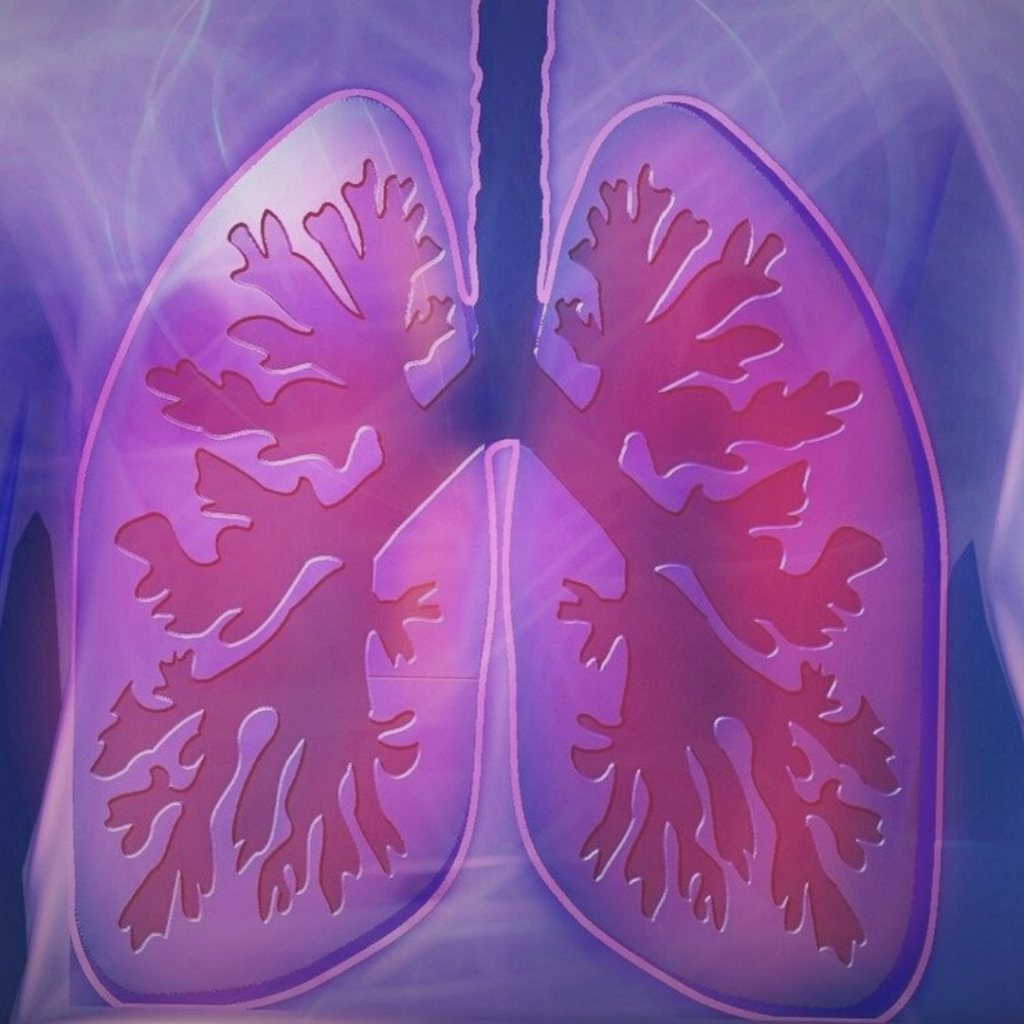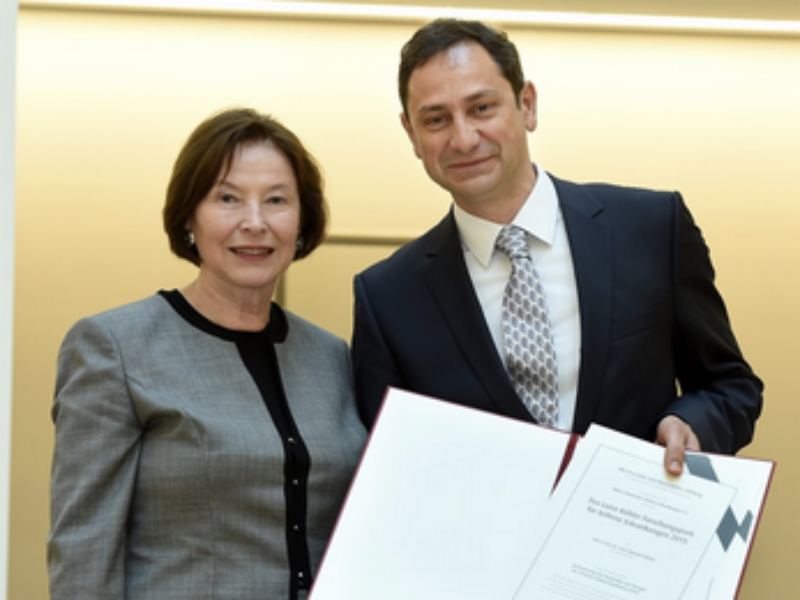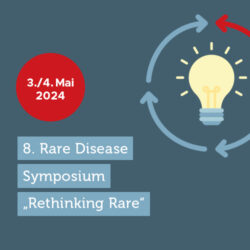Der Eva Luise Köhler Forschungspreis wird seit 2008 jährlich vergeben, um die Erforschung Seltener Erkrankungen voranzutreiben. Durch das Preisgeld in Höhe von jeweils € 50.000 konnten bereits mehr als ein Dutzend innovative Forschungsvorhaben gestartet werden. Der Preisträger 2015, Prof. Dr. Heymut Omran, hat der Journalistin Sandra Arens berichtet, wie sich seine Forschung auf dem Gebiet der Primären Ciliären Dyskinesie seit der Auszeichnung entwickelt hat.
Schnupfen, Husten, Mittelohrentzündungen – was nach Erkältung klingt, kann in seltenen Fällen auf die Primäre Ciliäre Dyskinesie hindeuten, eine gefährliche genetische Erkrankung. Ein frühes Erkennen ist das A und O für die Therapie. Wie das gelingt, hat Kinderarzt Professor Dr. Heymut Omran mit seinem Team erforscht.
Die Krankheit
Fast all unsere Zellen sind mit Flimmerhärchen, sogenannten Zilien, bedeckt. Sie können beweglich und unbeweglich sein und übernehmen die unterschiedlichsten Aufgaben im Körper. In den Atemwegen sind bewegliche Zilien für den Abtransport von Schleim, Bakterien und Zellabfällen verantwortlich. Bei Menschen mit Primärer Ciliärer Dyskinesie (PCD) sind die Bewegungen der Zilien gestört – die Selbstreinigung funktioniert nicht oder nicht gut genug. Eines von 10.000 Neugeborenen kommt mit PCD auf die Welt. Häufig leiden die Babys direkt nach der Geburt unter angestrengter Atmung, verstopfter Nase und Husten. Doch nicht immer wird PCD so früh diagnostiziert. Viele Menschen erfahren erst im Erwachsenenalter von ihrer Erkrankung – manchmal erst, wenn es bereits zu schweren Lungeninfektionen und Zerstörungen des Lungengewebes gekommen ist.
Die Forschung
Heilbar ist die Primäre Ciliäre Dyskinesie nicht. Wird sie jedoch früh erkannt und therapiert – beispielsweise durch Atemphysiotherapie, Inhalation oder prophylaktische Antibiotika-Gabe – lässt sich die Schwere der Atemwegsbeschwerden deutlich reduzieren. Betroffene können dann in der Regel ein fast normales Leben führen. Kinderarzt Professor Dr. Heymut Omran von der Klinik für Kinder- und Jugendmedizin des Universitätsklinikums Münster hat mit Hilfe von genetischen Untersuchungen und Eiweißuntersuchungen rund 40 neue Gendefekte identifiziert, die zu PCD führen. „Wir können nun verschiedene Krankheitsbilder der PCD beschreiben, die vielen zuvor gar nicht bekannt waren“, erklärt Omran. „Wir haben verstanden, wie die Erkrankung verlaufen kann, können frühzeitig Diagnosen stellen und Therapien optimieren.“ Dafür erhielt der Kinder- und Jugendmediziner im Jahr 2015 den Eva Luise Köhler Forschungspreis für Seltene Erkrankungen.



Der Erfolg
Dank der Erkenntnisse von Professor Dr. Heymut Omran und seinem Team konnten Hunderte von Patientinnen und Patienten diagnostiziert werden – so eröffnete sich auch die Chance, große, randomisierte Studien durchzuführen, um weiter an bestmöglichen Therapieansätzen zu arbeiten. Um die häufig unterschiedlichen Krankheitsverläufe der Gendefekte noch besser verstehen zu können, werden die Daten Betroffener mittlerweile in einem Europäischen Register gesammelt. Geleitet wird es von Professor Dr. Heymut Omran. Darüber hinaus ist er Koordinator eines europäischen Referenznetzwerkes von auf PCD spezialisierten Krankenhäusern, um einen zügigen und unkomplizierten Austausch zu gewährleisten.



